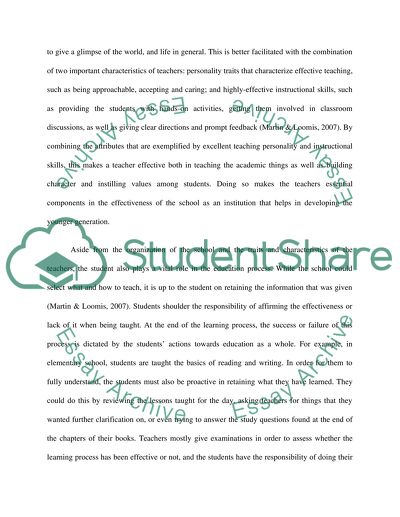Cite this document
(“What Is My Personal Philosophy Of Education Essay”, n.d.)
Retrieved de https://studentshare.org/philosophy/1458748-what-is-my-personal-philosophy-of-education
Retrieved de https://studentshare.org/philosophy/1458748-what-is-my-personal-philosophy-of-education
(What Is My Personal Philosophy Of Education Essay)
https://studentshare.org/philosophy/1458748-what-is-my-personal-philosophy-of-education.
https://studentshare.org/philosophy/1458748-what-is-my-personal-philosophy-of-education.
“What Is My Personal Philosophy Of Education Essay”, n.d. https://studentshare.org/philosophy/1458748-what-is-my-personal-philosophy-of-education.


